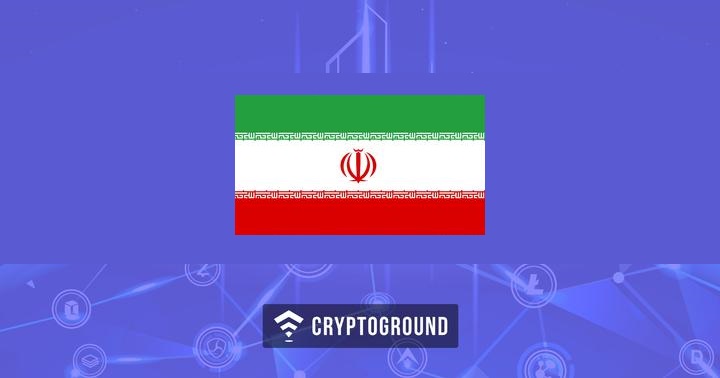Iran, over the past few months, has been making several changes to its policy when it comes to cryptocurrencies and the blockchain technology. The country reversed its ban on Bitcoins earlier this year - and even launched a state-backed cryptocurrency. This much-hyped Crypto-Rial, which was released in the form of the PayMon cryptocurrency, however, is unlikely to succeed.
This is because there are a number of flaws with the way the currency is being treated. Moreover, international sanctions issued by the US government are also another factor which affect the legitimacy of this coin. These US sanctions will also affect how other countries respond to Iran’s PayMon cryptocurrency. Let us take a closer look at both these issues:
Understanding The PayMon Cryptocurrency
Iran’s PayMon cryptocurrency is going to be traded in special exchange offers. Iranian Blockchain expert Hamid Reza Shaabani commented on PayMon, saying:
Much of the PayMon currency will enter the market and will be traded in special exchange offices. Some of it will be used for the development of hosts, and some of it will go to the founders of Ghoghnoos. As for the world currency introduction, it all depends on foreign legislative bodies. It's likely that currencies will be traded in major international currency exchange points.
The PayMon cryptocurrency is based on the Stellar blockchain network. The PayMon is a unique cryptocurrency because it is backed by Gold. Four Iranian banks, Bank Mellat, Bank Melli Iran, Bank Pasargad and Parsian Bank have come together to create this currency in partnership with Iranian startup Kuknos Company for the development of PayMon.
The Big Problem: The Effect of International Sanctions on PayMon
The biggest obstacle that PayMon faces, which is likely to be a major factor in its international failure, are the US issued sanctions. Iran had, in the past, announced that the country is holding talks with a number of European nations including France, Germany, England and Switzerland among others. Most of these countries are on friendly terms with the US - and hence it is unlikely that they are going to enter into a partnership with Iran.
A number of other countries which are currently facing an economic crisis due to US-issued sanctions such as Russia, North Korea and Venezuela are likely to support this but that’s going to be a small group of countries trading among each other. Other efforts to introduce such national cryptocurrencies haven’t really worked in the past. Last year, when Petro was introduced by Venezuela, most of their international efforts didn’t really work out.
The Need for a Crypto-Rial
A crypto-rial has almost become a necessity for Iran - a country which has found itself in the midst of a financial crisis following US sanctions. Considering that the US has cut off all diplomatic and economic ties with Iran, the country has also urged a number of other nations to do so. Furthermore, the SWIFT network which governs international banking has banned a large number of Iranian banks - essentially choking all trade in Iran.
The PayMon cryptocurrency will provide Iran with a non-US Dollar backed option for trade. In the past, countries such as Venezuela have also tried out these concepts with the likes of the Petro cryptocurrency. However, similar to Iran’s PayMon, the Petro too is plagued with similar problems.
Stay tuned with us at Cryptoground for more updates and news stories from the world of cryptocurrencies and the blockchain technology!
























